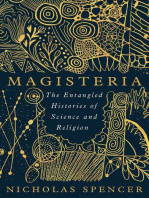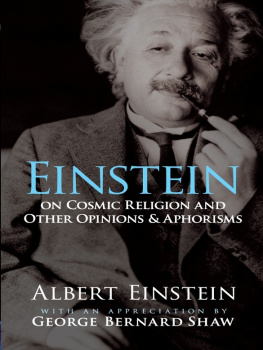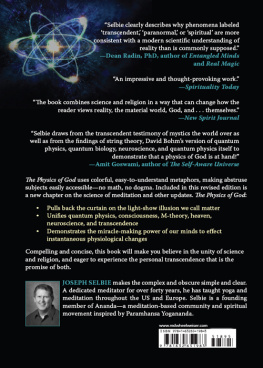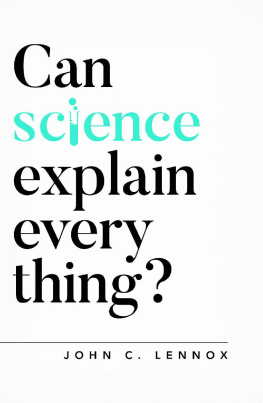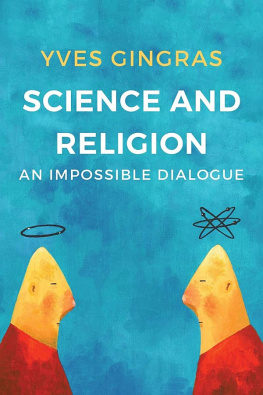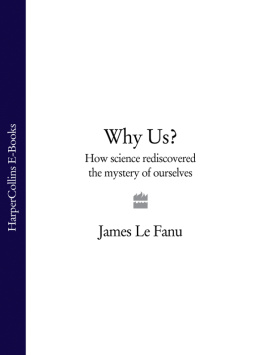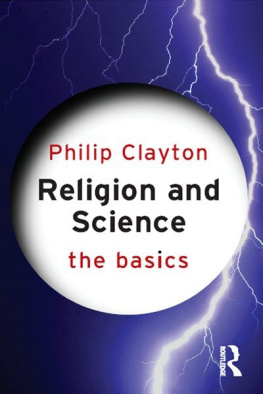Excellent Beauty
Excellent Beauty
THE NATURALNESS OF RELIGION AND THE UNNATURALNESS OF THE WORLD
Eric Dietrich

Columbia University Press
New York
Columbia University Press
Publishers Since 1893
New York Chichester, West Sussex
cup.columbia.edu
Copyright 2015 Columbia University Press
All rights reserved
Library of Congress Cataloging-in-Publication Data
Dietrich, Eric.
Excellent beauty: the naturalness of religion and the unnaturalness of the world / Eric Dietrich.
pages cm
Includes bibliographical references and index.
ISBN 978-0-231-17102-1 (cloth: alk. paper) ISBN 978-0-231-53935-7 (e-book)
Natural theology. I. Title.
BL183.D54 2015
210dc23
2014034080
A Columbia University Press E-book.
CUP would be pleased to hear about your reading experience with this e-book at .
COVER PHOTO: Galen Rowell/Mountain Light
COVER DESIGN: Milenda Nan Ok Lee
References to websites (URLs) were accurate at the time of writing. Neither the author nor Columbia University Press is responsible for URLs that may have expired or changed since the manuscript was prepared.
There is no Excellent Beauty that hath not some strangeness in the proportion.
Of Beauty, Sir Francis Bacon (15611626), English Philosopher and Statesman
Contents
THIS IS A BOOK ABOUT US AND OUR SCIENCE. To do science is to be human. But oddly, our science has given us two ideas that utterly change the way we ought to see ourselves and the universe we grew up in. Stated baldly, the two ideas are evolution and mystery. I use the term mystery carefully. The mysteries are truths that science has revealed but that we can only weakly understand. I call such mysteries excellent beauties. Mostly, the two ideas are ignored. True, the first causes some turmoil, especially in the United States. But this very turmoil obscures evolutions depth and importance. The second, and far more profound, idea is ignored even by the scientists who unearthed itI should say, especially, by those scientists. Some writers and researchers have tried telling us about the second idea, the excellent beauties, but their message isnt getting through because of how far the second idea takes us out of our comfort zone. The two ideas are deeply related; this is one of main messages of this book. Exploring and analyzing this relation should shed light on both ideas and increase their visibility. The central theme of the book is the excellent beauties themselves, what they are and why they are beautiful. The title of this book is derived from them, with help from Francis Bacon.
OVER THE YEARS, I HAVE HAD CONVERSATIONS with many people about the ideas in this book. I thank: Matt Brin and Tom Head for mathematical discussions; David Chalmers for discussions about the mind, consciousness, and knowledge; Anne Clark for discussions about cognition in nonhuman animals, and for coteaching courses with me on this topic; Rick Dale for discussions about human psychology; Terrence Deacon for the idea that humans are both African apes yet deserving of their own phylum; Chris Fields for discussions about everything from artificial intelligence to zoology; Kris Gilbert for discussions of religions, religious mysteries, and Neopaganism; Charles Goodman for discussions about Buddhism; David Martin for discussions about religion and Christianity; Ally Peltier for discussions on religion and witchcraft, and for helping me teach Witchcraft and Science, where early ideas that eventually resulted in this book were presented; Graham Priest for discussions of paraconsistent logics and the structure of nothingness; Stephen David Ross for discussions about how weird science really is; Elizabeth Tucker for discussions about style, language, tone, and other details; Zach Weber for discussions about how weird philosophy really is and also for discussions about paraconsistent logics and paraconsistency in mathematics; and David Sloan Wilson for discussions about evolution and how our religious proclivities shaped and were shaped by our evolution. Also, Anne Clark, David, and I cotaught a course on the evolution of immorality. That course was a real eye-opener.
I also thank fellow-travelers Tom Head (again), Karen Fisher, David Martin (again), Chris Pogson, and Julia Rose for reading and commenting on early drafts of this book. Thanks especially to Tom for ideas about how to present the mathematical proofs. Thanks to Lynn George for geology discussions and for reading and commenting on the description of Wyomings Shirley Basin. Books seem to develop a mind or personality of their own, and this book went in a different direction than originally planned, so I couldnt include the Shirley Basin description, unfortunately. Jake Bartholomew gave me some sage advice on the first part of the book, and Elahd Bar-Shai read and commented on an early draftthanks to both. I received several good comments from Binghamton University undergraduate students in my Science and Religion courses (fall 2009, spring 2011). I want to especially thank Melissa Foster for her long list of good comments. And for a late-night brainstorming session in the fall of 2013, I thank: Jacey Gottlieb, Kyle Kilmetis, Sean Kindya, Matt Martello, Matthew Polistina, Nate Powell, and Sean Stapleton. Also, I thank three anonymous Columbia University Press referees, as well as Wendy Lochner, Robert Demke, and all the people at CUP who worked hard shepherding this book through the whole process. As always, I thank my friend and longtime colleague Chris Fields for many detailed, erudite, and incisive comments on several previous drafts, all of which he read all the way through. Finally, thanks to my wife, Tara, for her help and encouragement, and thanks to the rest of my family, up, down, and sideways, all of whom wanted the Shirley Basin part included.
IN 1633, WHEN HE WAS SIXTY-NINE, Galileo was sentenced to house arrest for the remainder of his life by the Inquisition of the Roman Catholic Church. The imprisonment lasted until his death in 1642. History records that Galileo received this condemnation because he published his now famous book Dialogue Concerning the Two Chief World Systems. The two chief systems were the heliocentric (sun-centered) view of the solar system and the geocentric view (Earth-centered). In his Dialogue, and using the best scientific evidence available (evidence to which he contributed), Galileo argued for the heliocentric view and against the geocentric view favored by the Church. It wasnt until 1758 that the Catholic Church dropped its prohibition against publishing books on heliocentrism. And it wasnt until October 31, 1992, that the Church (Pope John Paul II) admitted that it had made a mistake with Galileo and the heliocentric theory, and cleared Galileo of any wrongdoing. It made this public four days later. Finally, in 2000, 367 years after the deed, the Church (again, in the person of Pope John Paul II) formally apologized for its treatment of Galileo.
It is common knowledge that the main force behind the Catholic Churchs condemnation was that Galileos argument clashed with the Bible. In the biblical texts, Psalm 93:1, 96:10, 104:5, and 1 Chronicles 16:30, we read that Earth does not and cannot be moved. But in Ecclesiastes 1:5, we read that sun does move. But far more than just biblical literalism was going on here. After all, the Bible was appealed to as an authority. Why would an authority be needed? Because the Catholic Church needed everything concerning the working of the ordinary world to be settled. Everything. The Churchs hegemonic power rested in large part on the idea that the mundane world was pretty much exactly as it appeared, and that the spiritual realm, with all its awesome mysteries, was
Next page

